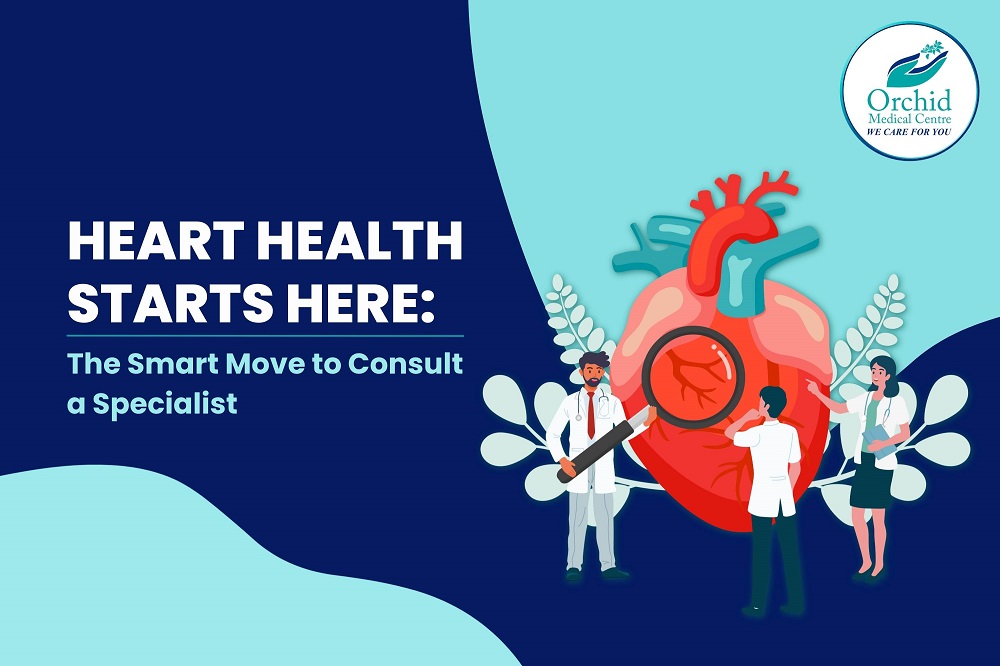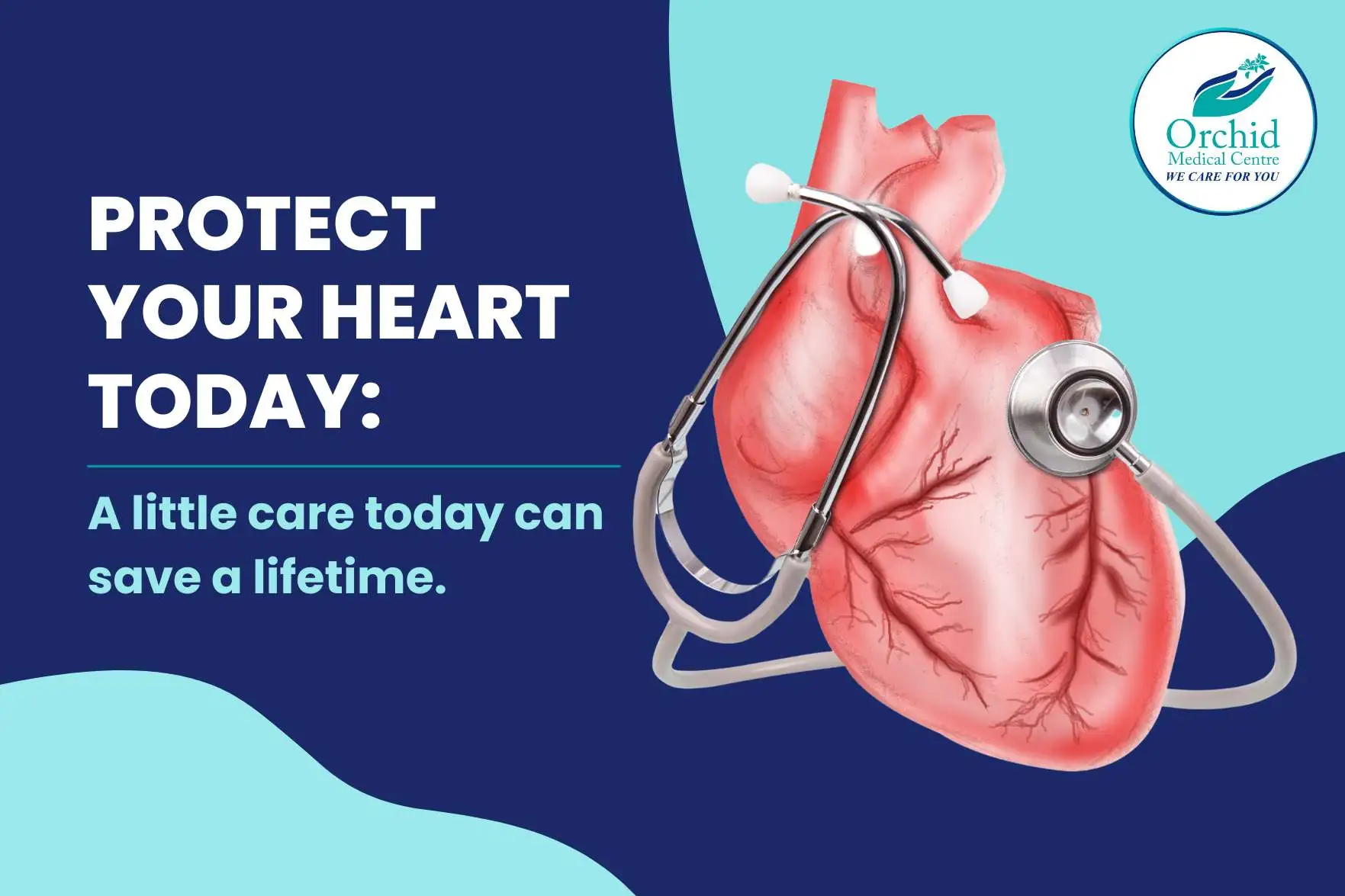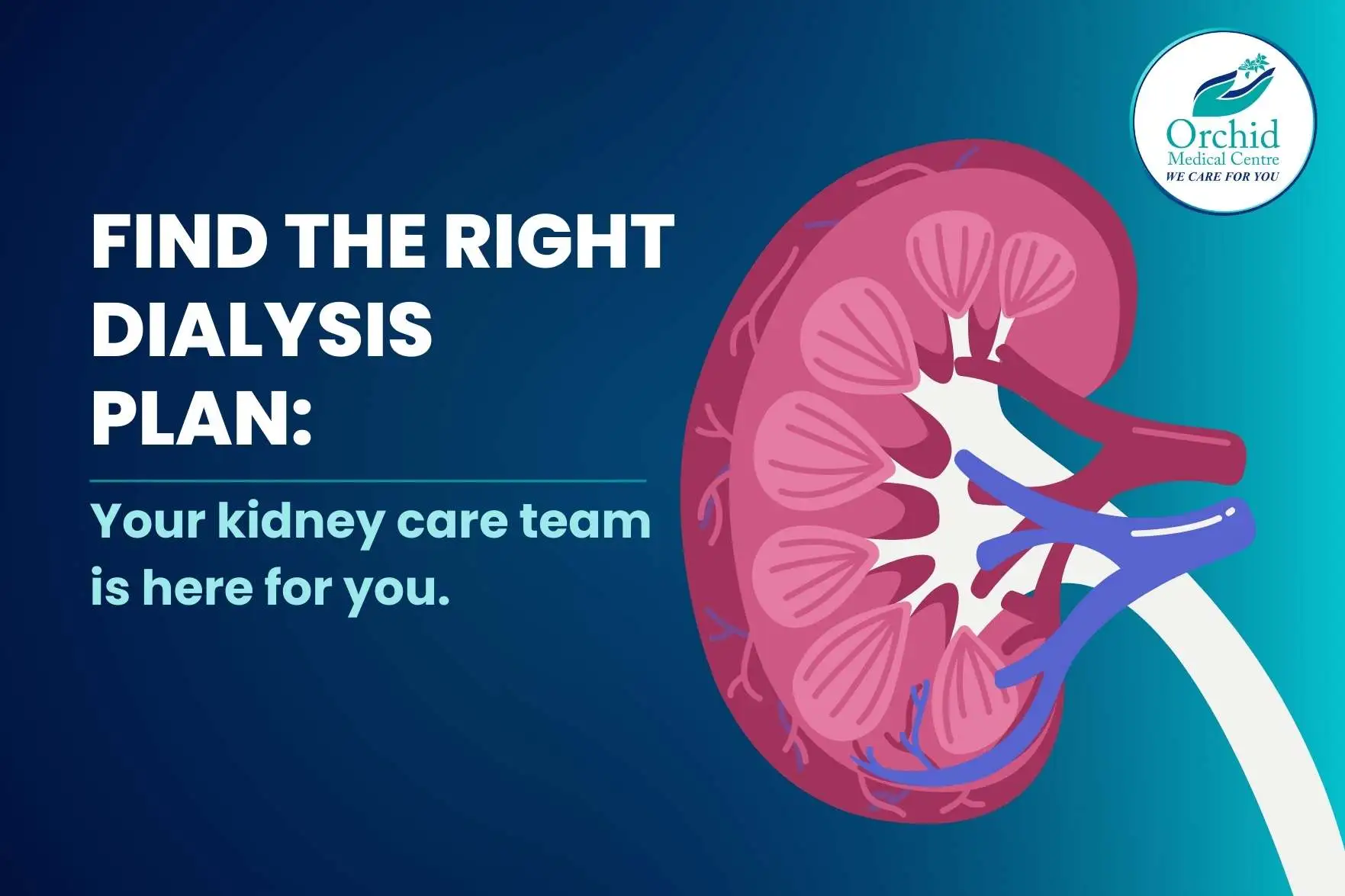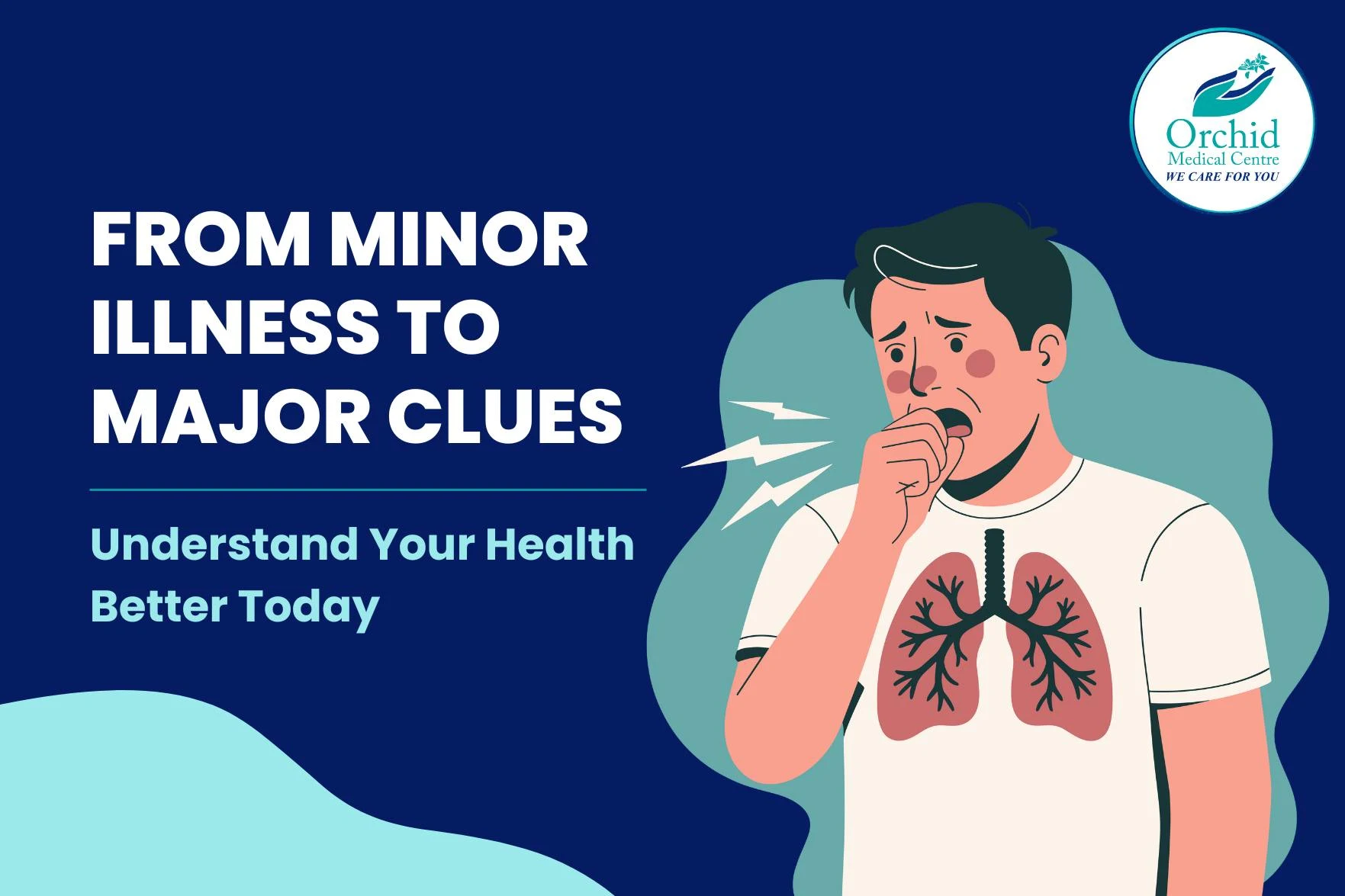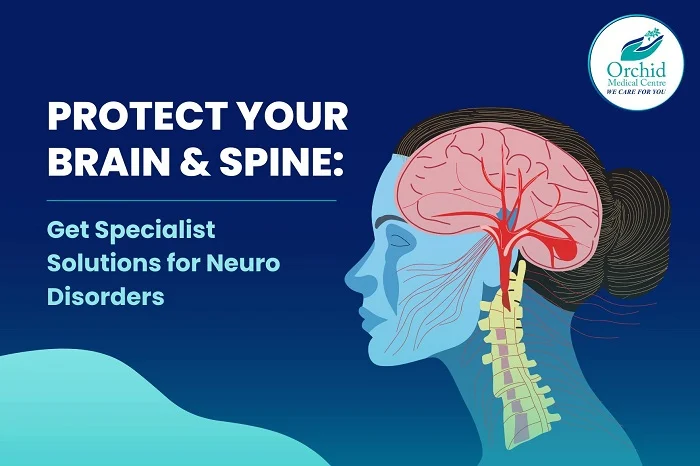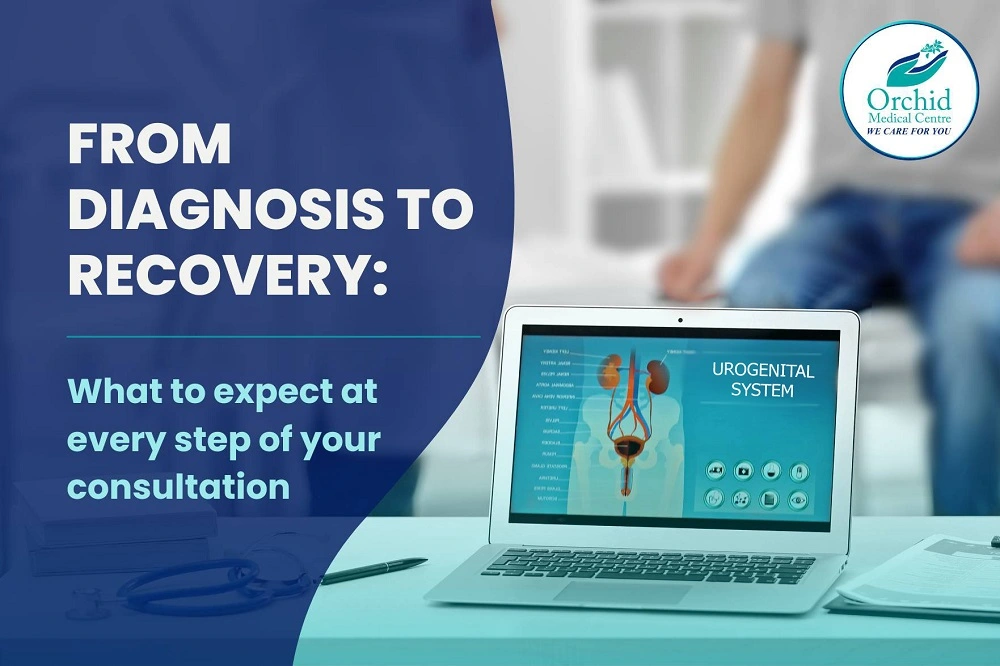Neurosurgeons are doctors who specialise in treating problems with the nervous system, which includes the brain, spinal cord, and nerves. They have extensive training and can perform delicate surgeries to help improve patients' lives. Maybe you are not sure whether you need a neurosurgeon at this point. We will help you figure it out! Here are six common reasons why someone might need to visit a neurosurgeon:

Blog Details

Top 6 Reasons to Visit a Neurosurgeon
If you experience symptoms related to chronic pain, brain tumours, spinal injuries, aneurysms, epilepsy, or carpal tunnel syndrome, it might be time to consult a neurosurgeon.
1. Chronic Back and Neck Pain
Many people visit a neurosurgeon in Ranchi because of ongoing back and neck pain. This pain can come from different issues, such as herniated discs, spinal stenosis, and degenerative disc disease. When treatments like physical therapy, medication, and injections don’t work, a neurosurgeon can help. They might perform surgery to relieve pressure on the nerves, fix spinal problems, or stabilise the spine. Common surgeries include removing part of a disc (discectomy), removing part of a vertebra (laminectomy), or fusing bones together (spinal fusion).
2. Brain Tumours
Brain tumours, whether non-cancerous or cancerous, are serious conditions that often require neurosurgeons' care. Symptoms can include headaches, seizures, changes in personality or thinking, and problems with movement or vision. Neurosurgeons use advanced scans to locate and size the tumour. They might then perform surgery to remove it, reduce its size, or take a sample for further treatment, such as radiation or chemotherapy.
3. Spinal Cord Injuries
Spinal cord injuries can drastically change a person's life, affecting their ability to move or feel. Quick and effective treatment is crucial to limit damage. Neurosurgeons are often called to treat spinal cord injuries. They might perform surgery to stabilise the spine, relieve pressure on the spinal cord, or remove bone fragments. Their role is vital in the initial treatment and in helping patients recover as much function as possible.
4. Aneurysms
An aneurysm is a weak spot in a blood vessel that can bulge and potentially burst, causing serious problems or death. If an aneurysm is found in the brain, a neurosurgeon might be needed to prevent it from rupturing. They can perform surgery to clip or seal the aneurysm, stopping it from growing or bleeding. This type of surgery requires high skill to ensure the patient's safety and the procedure's success.
5. Epilepsy
Epilepsy is a condition where people have repeated seizures. While medication can control seizures for many, some people do not respond to medication. For these patients, a neurosurgeon might perform surgery to remove the part of the brain causing the seizures. This can greatly improve the quality of life for people with severe epilepsy. Surgery is considered when other treatments have failed and detailed brain scans identify the problematic area.
6. Carpal Tunnel Syndrome
Carpal tunnel syndrome commonly causes pain, numbness, and tingling in the hand and arm. It happens when a nerve in the wrist is compressed. If symptoms are severe and do not improve with other treatments, a neurosurgeon can perform carpal tunnel release surgery. This procedure involves cutting a ligament in the wrist to relieve pressure on the nerve, reducing pain and restoring normal hand function.


Summing Up
Neurosurgeons are critical in diagnosing and treating complex and serious conditions affecting the nervous system. If you experience symptoms related to chronic pain, brain tumours, spinal injuries, aneurysms, epilepsy, or carpal tunnel syndrome, it might be time to consult a neurosurgeon. They can provide the expert care needed to address these issues and improve your quality of life.
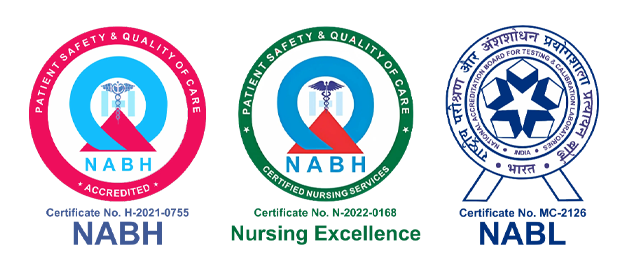




















.jpeg)

.jpg)

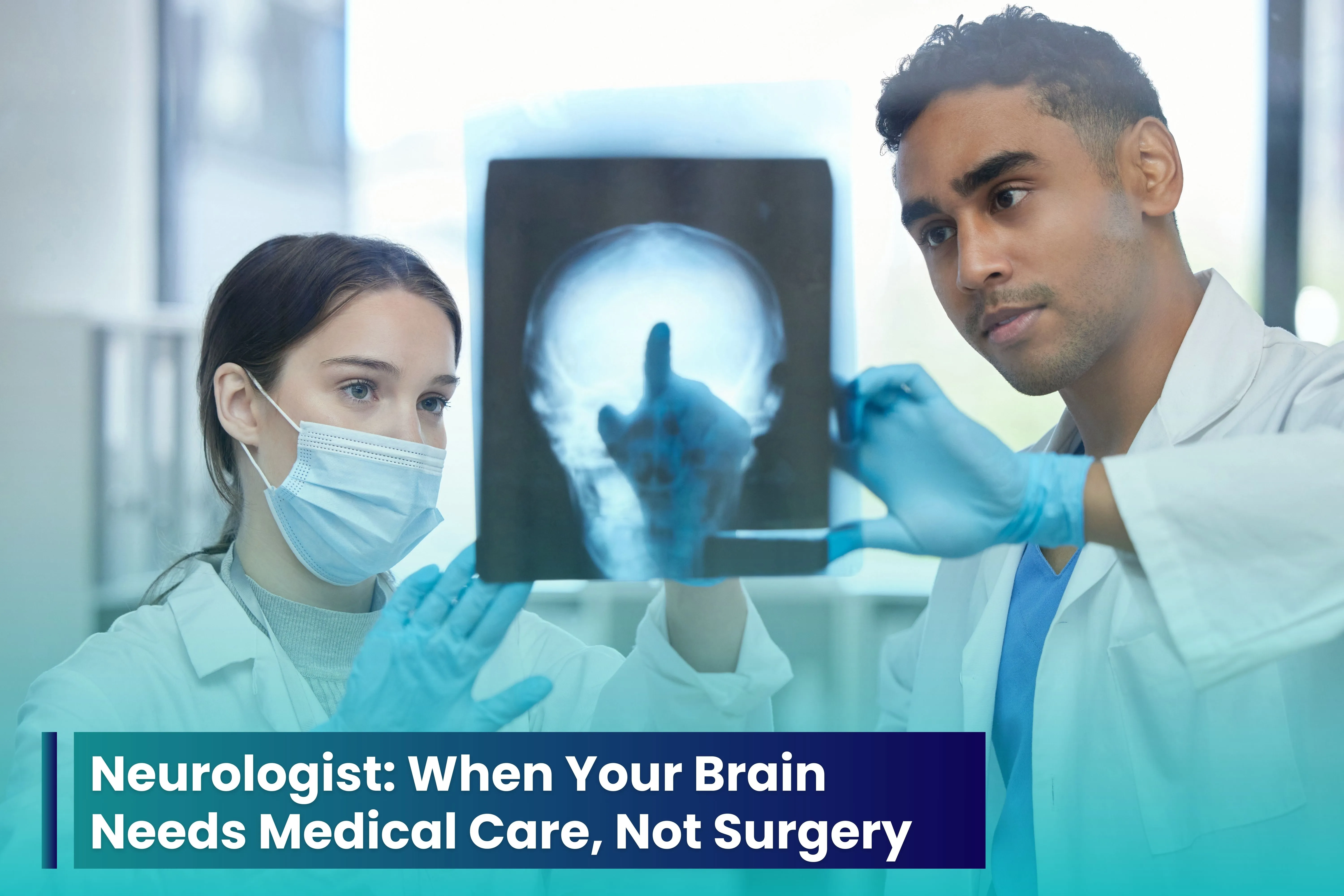
.webp)
.webp)

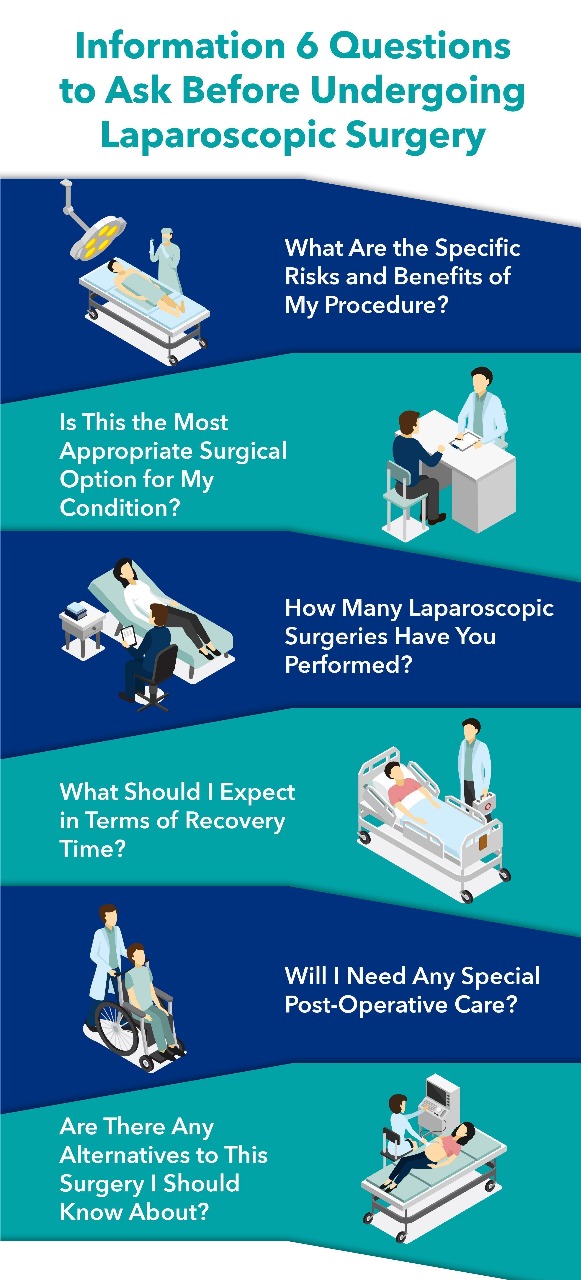
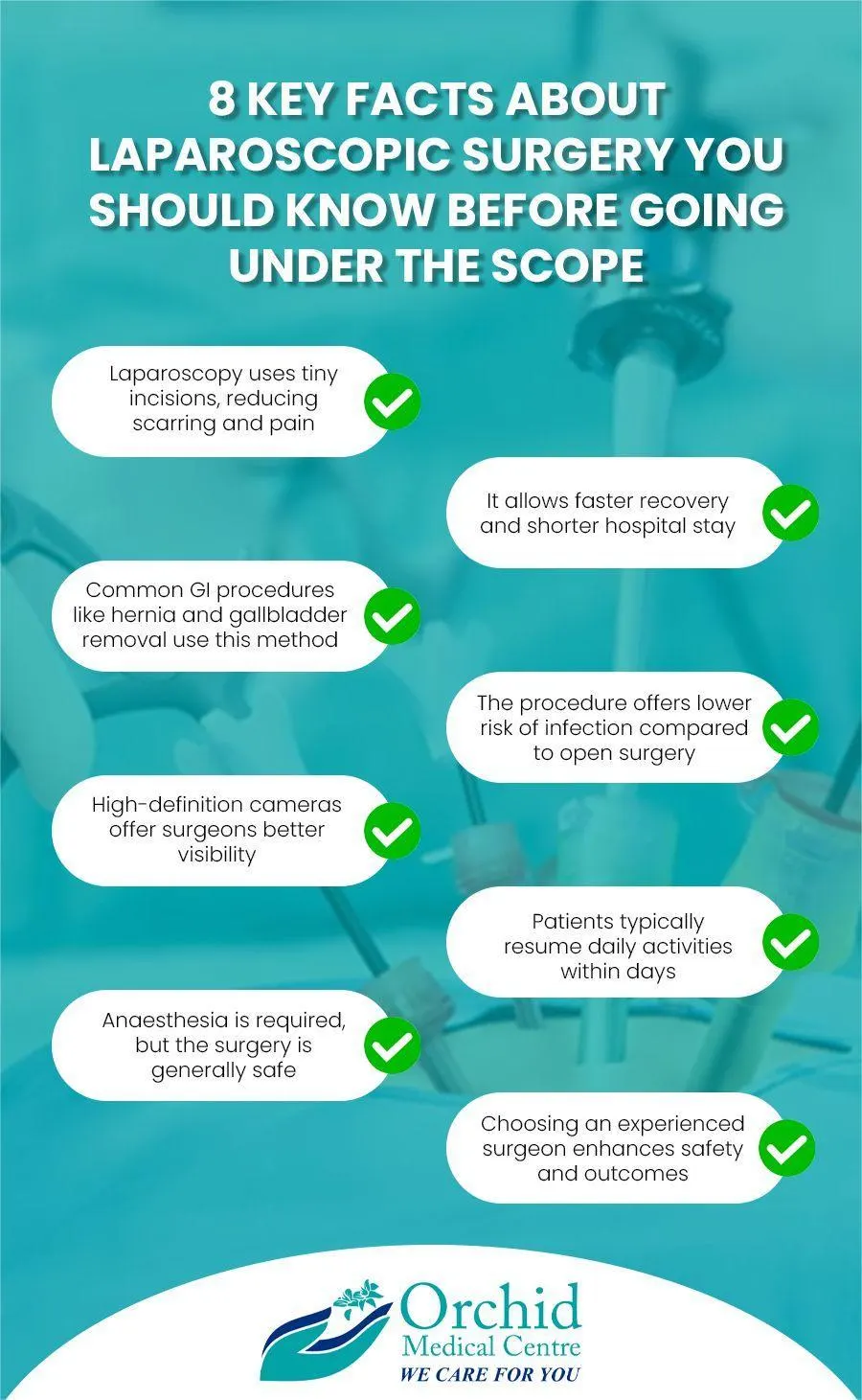
.webp)
.webp)

